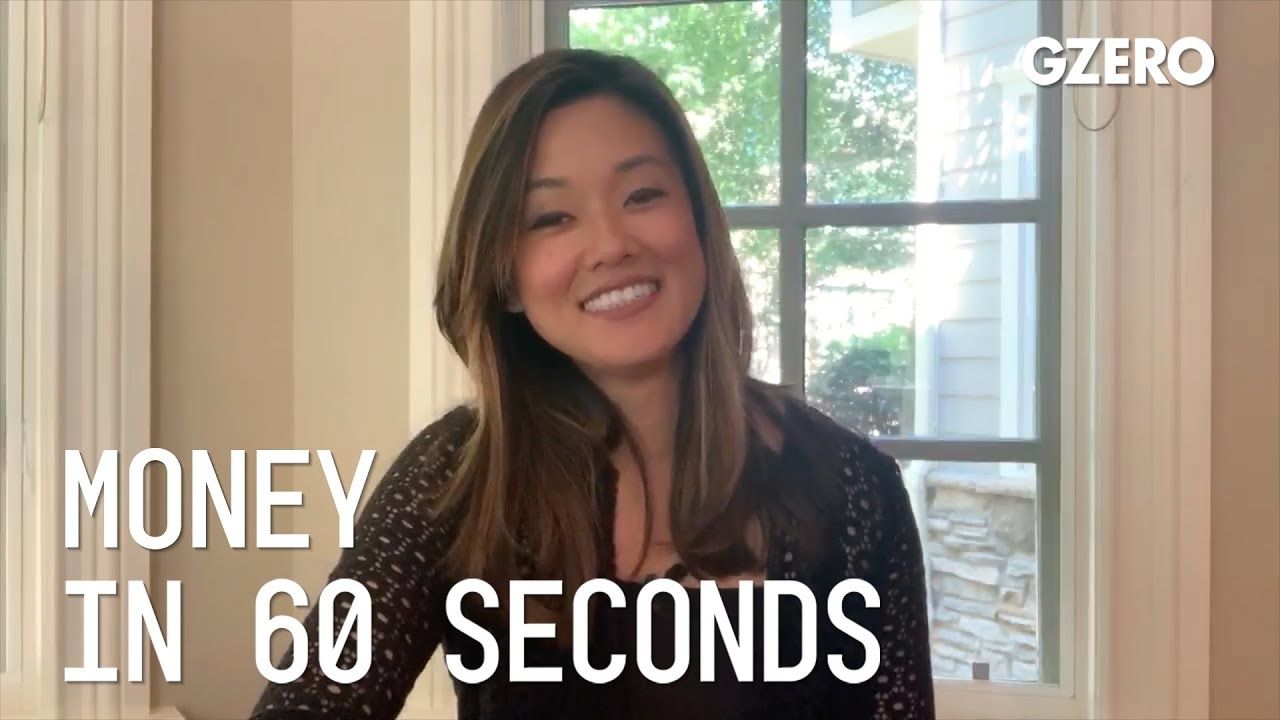In 60 Seconds
Why SPAC IPOs are getting so big and popular

Why SPAC IPOs Are Getting So Big and Popular | Money In :60 | GZERO Media

Betty Liu, Executive Vice Chairman for NYSE Group, explains:
Why have SPACs been so popular recently?
Well, that's because companies are embracing newer ways to tap the public markets outside of the traditional IPO. You've heard me talk about direct listings, for instance. And now SPACs are having a very big year, this year. In fact, nearly a third of all US IPO proceeds raised have been raised through SPACs in the first half of 2020.
What is the biggest SPAC IPO ever?
So, implicit in that question is that these IPOs are getting bigger. In fact, we saw the biggest ever, last week, list. That was the Pershing Square Tontine Holdings SPAC, raising four billion dollars. Before that, we had the Churchill Capital Corp. SPAC, and that raised a billion dollars.
In this episode of GZERO Europe, Carl Bildt examines how an eventful week in Davos further strained transatlantic relations and reignited tensions over Greenland.
In this Quick Take, Ian Bremmer addresses the killing of Alex Pretti at a protest in Minneapolis, calling it “a tipping point” in America’s increasingly volatile politics.
30,000: The estimated death toll in Iran during the protests at the start of the year, per local health officials, underscoring the scale of the Islamic Republic’s crackdown on its own citizens.